
Startup in Digital Marketing Business
1. Identify Your Niche and Idea
- Find a Profitable Niche: Focus on an area you are passionate about or have expertise in. Ensure there’s demand and the potential for profit. Consider solving a specific problem or providing a unique solution.
- Market Research: Analyze competitors, trends, and customer needs in your niche to determine if there is enough interest and whether you can offer something better or different.
- Validate Your Idea: Before you fully commit, test your idea with a small audience or via pre-sales to gauge interest and feedback.

2. Develop a Business Idea
- Define Your Value Proposition: What makes your product/service unique or better than existing solutions?
- Specify Target Audience: Define who your customers are—age, interests, geography, income level, etc.

3. Validate Your Idea
- Minimum Viable Product (MVP): Create a basic version of your product/service to test with real users.
- Collect Feedback: Use surveys, beta tests, and focus groups to understand customer needs and refine your idea.
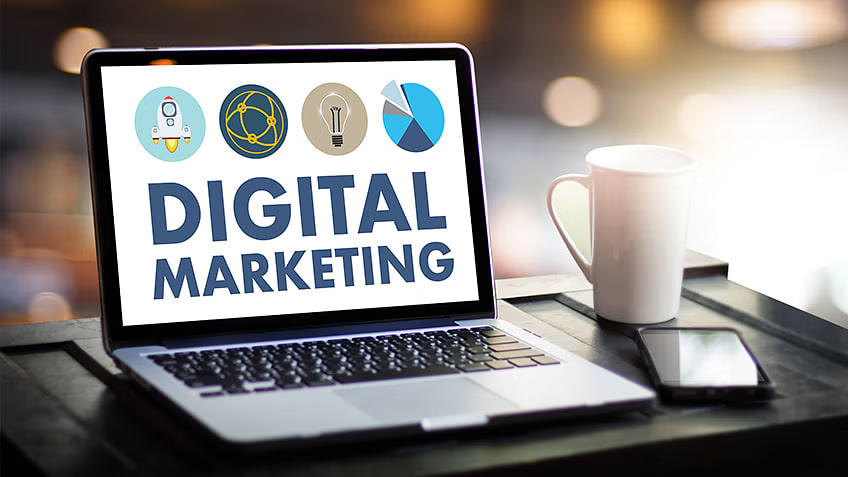
4. Create a Business Plan
- Mission and Vision: Define what your business aims to achieve.
- Revenue Model: Decide how you’ll make money (e.g., subscriptions, advertisements, product sales).
- Budgeting: Include estimated startup costs, operational expenses, and revenue forecasts.
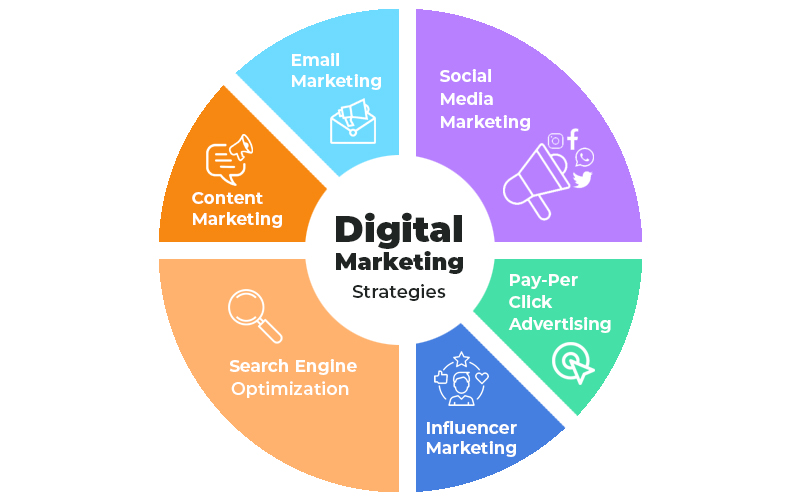
5. Register Your Business
- Choose a business structure (e.g., sole proprietorship, LLC, corporation).
- Register your business name and secure necessary licenses or permits.
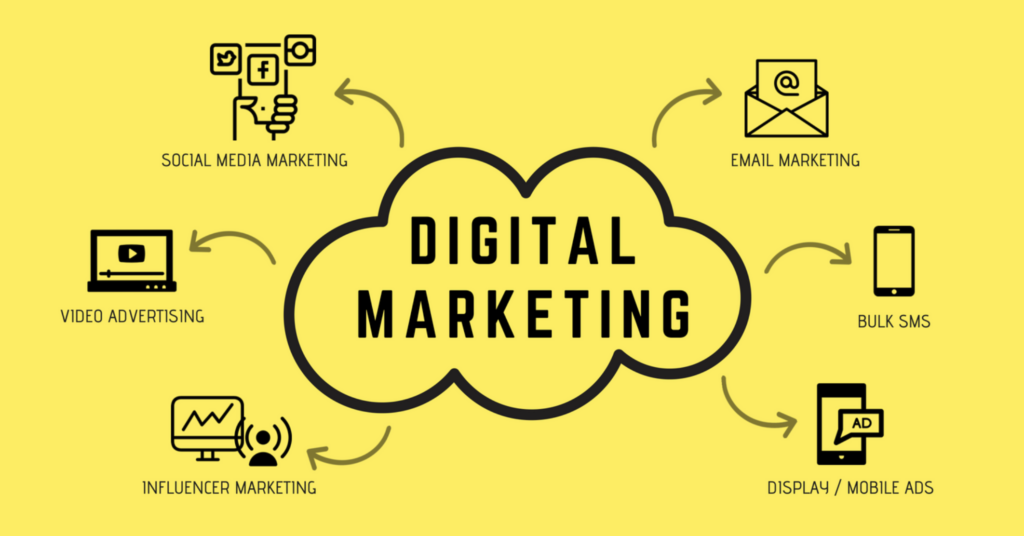
6. Build an Online Presence
- Domain and Website: Purchase a domain name and build a professional website using platforms like WordPress, Shopify, or Wix.
- Social Media: Set up profiles on platforms like Instagram, Facebook, and LinkedIn relevant to your business.
- SEO and Content Marketing: Create valuable content that drives organic traffic to your website.

7. Develop Your Product/Service
- Hire Developers or Use DIY Tools: Depending on your skills, either hire developers or use tools like Bubble, Shopify, or Canva.
- Iterate Based on Feedback: Improve your product based on early user feedback.

8. Launch Your Business
- Marketing Campaigns: Use a mix of paid ads, influencer collaborations, and email marketing.
- Leverage PR: Announce your launch through press releases or media outreach.

9. Scale and Grow
- Analyze Data: Use analytics tools to understand user behavior and improve your offering.
- Expand Services or Audience: Introduce new features or target new markets.
- Seek Funding: Consider bootstrapping, seeking investors, or crowdfunding.
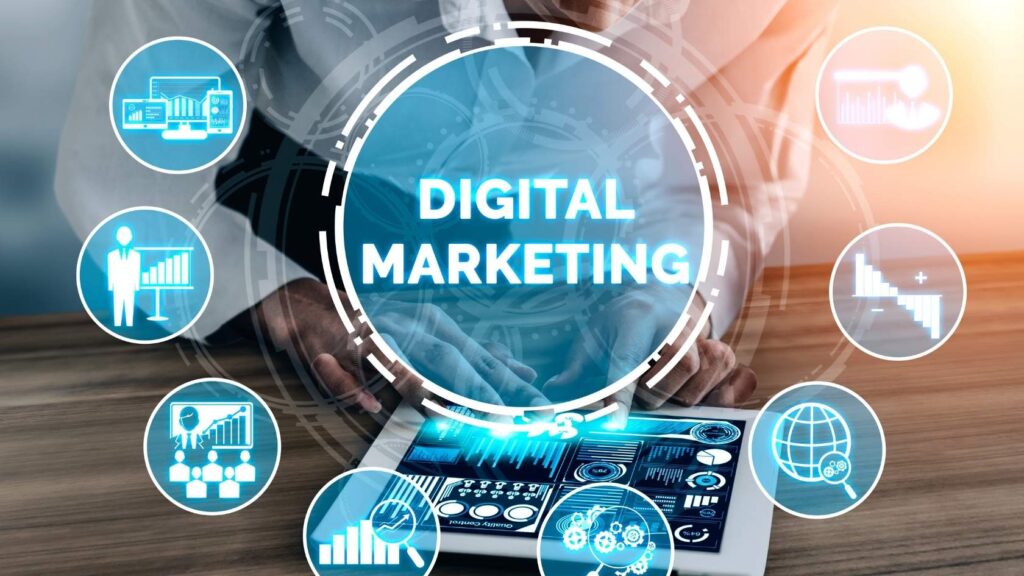
10. Stay Agile
- Monitor Trends: Keep up with industry changes and adapt your strategies.
- Customer Focus: Continuously engage with your customers for feedback and loyalty.

Social Media Marketing
1. FACEBOOK MARKETING
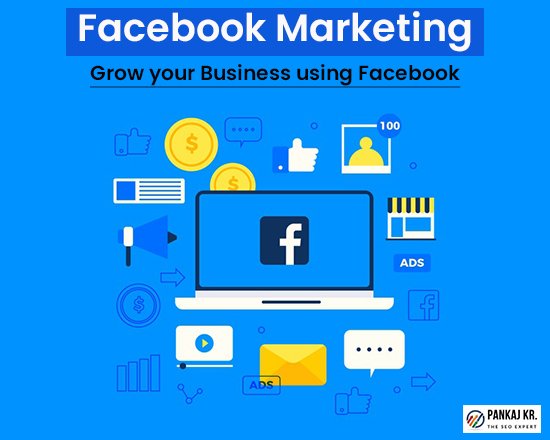
Facebook marketing utilizes the platform’s tools to help businesses reach and engage their target audience. By creating compelling ads, sharing relevant content, and building a community through organic posts and interactions, brands can increase their visibility and drive traffic. Facebook’s advanced targeting options allow businesses to focus on specific demographics, interests, and behaviors, optimizing ad performance. With analytics and insights, businesses can refine strategies to improve conversions and strengthen customer relationships, making Facebook an essential tool for digital marketing success.
2. INSTAGRAM MARKETING
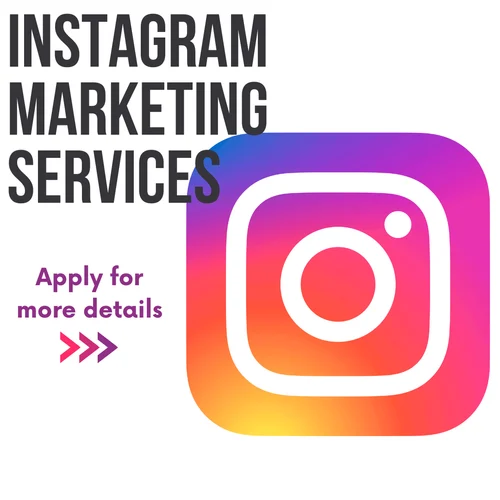
Instagram marketing leverages the platform’s visual appeal to connect with target audiences through engaging content such as photos, videos, stories, and reels. Businesses can use Instagram ads to reach specific demographics and create brand awareness. With features like hashtags, influencers, and shoppable posts, Instagram marketing helps boost customer engagement, build a loyal community, and drive conversions. It’s an effective tool for businesses to visually showcase their products or services, connect with customers, and enhance their brand presence.
3.LINKEDIN MARKETING
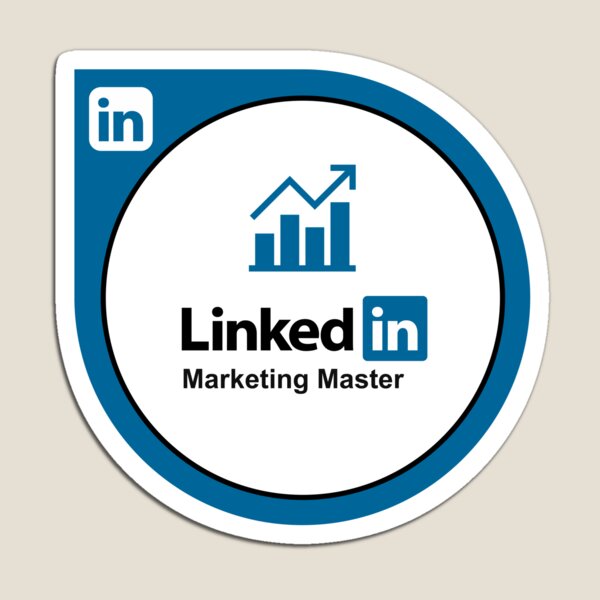
LinkedIn marketing focuses on leveraging the platform’s professional network to build brand authority and generate leads. It involves creating and sharing valuable content tailored to a professional audience, engaging with industry-specific groups, and using LinkedIn Ads to target decision-makers. By connecting with potential clients, partners, and industry influencers, businesses can strengthen relationships, enhance credibility, and expand their reach. LinkedIn marketing helps companies position themselves as thought leaders and fosters meaningful connections that drive business growth.
4.TWITTER MARKETING
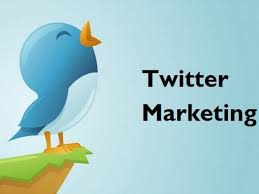
Twitter marketing involves leveraging Twitter’s platform to connect with a targeted audience, promote content, and engage in real-time conversations. By posting regular tweets, using relevant hashtags, and running Twitter ads, businesses can boost brand awareness and drive traffic. Engaging with followers through retweets, replies, and direct messages helps foster community interaction. Twitter’s real-time nature is ideal for promoting events, sharing updates, and joining trending topics to increase visibility and reach. It’s an effective tool for both B2B and B2C marketing.
